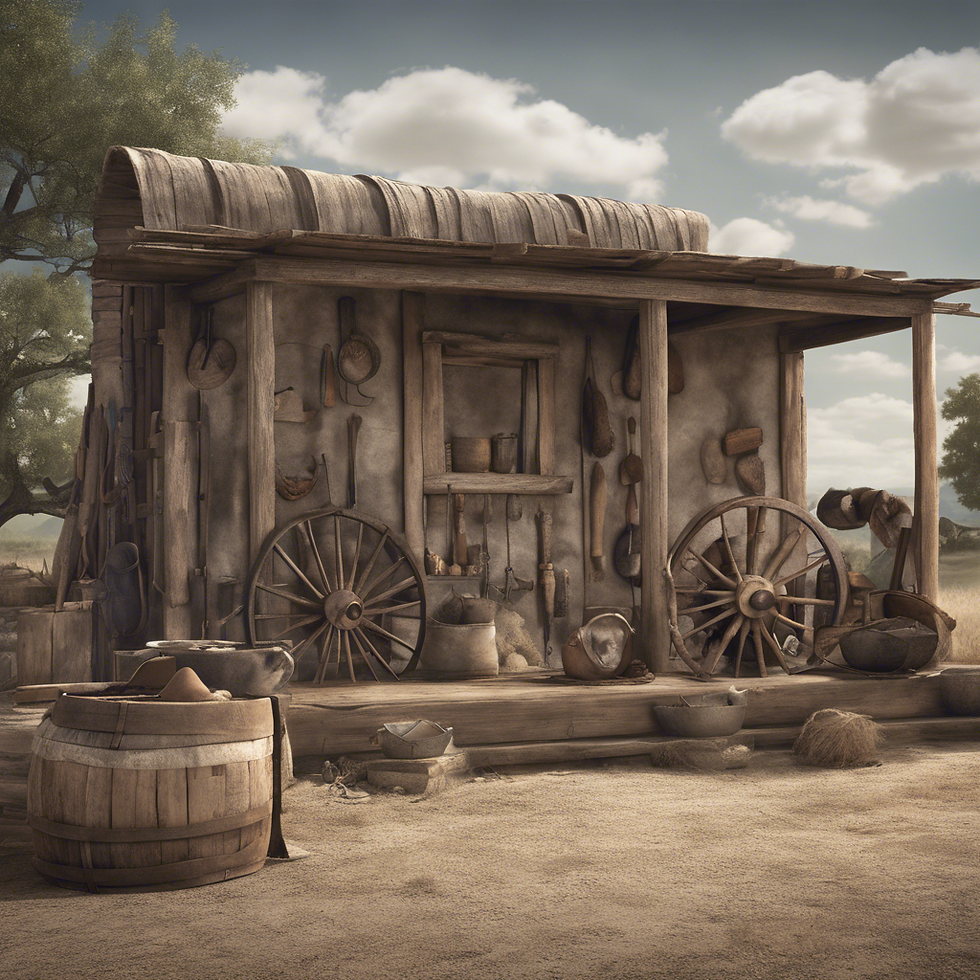Celebrating Native American Heritage Month: Honoring the Past and Embracing the Future
- Dr. Robin Kearney-Frazier, Ed.D.
- Nov 4, 2024
- 2 min read

As we roll into November, it's the perfect time to talk about something incredibly important Native American Heritage Month. It's more than just a page on the calendar; it's a powerful reminder of the rich cultures, histories, and contributions of Native American peoples. So, let's dive into the history of this month and why it's so essential to acknowledge it.
The Roots of Native American Heritage Month
Did you know that the origins of Native American Heritage Month date back over a century? It all began in 1915 when Dr. Arthur C. Parker, a Seneca Indian and director of the Museum of Arts and Science in Rochester, New York, convinced the Boy Scouts of America to set aside a day for the "First Americans." Fast forward a year, and New York was the first state to designate an "American Indian Day," thanks to the efforts of Red Fox James, a member of the Blackfeet Nation.
But it wasn't until 1990 that things really took off on a national scale. That year, President George H. W. Bush signed a joint resolution designating November as National American Indian Heritage Month. This was a huge step forward, giving Native American communities a dedicated time to celebrate their cultures and educate others about their histories.

Why Acknowledging This Month Matters
You might be wondering, why is it so important to have a month dedicated to Native American heritage? Well, for starters, it's a fantastic way to celebrate the immense contributions of Native American communities to our society. From innovative agricultural techniques to beautiful art and literature, Native American influence is everywhere.
But there's more to it than just celebration. Native American Heritage Month also serves as a vital educational tool. It helps dismantle long-held stereotypes and misconceptions, fostering a greater understanding and appreciation of Native American cultures. When we educate ourselves about the diverse experiences and perspectives of Native Americans, we promote inclusivity and respect.
This month is a crucial time for reflection. It's an opportunity to acknowledge the historical injustices and ongoing challenges faced by Native American communities. From the forced removals and broken treaties of the past to contemporary issues of systemic discrimination, understanding these struggles is key to promoting social justice and reconciliation.
And let's not forget about resilience. Native American Heritage Month is a celebration of the strength and perseverance of Native American peoples. Despite countless adversities, these communities continue to thrive, contribute, and inspire. By recognizing their achievements, we honor their legacy and empower future generations to keep advocating for their rights and preserving their cultures.
As we observe Native American Heritage Month this November, let's commit to learning, reflecting, and celebrating. Whether it's attending local events, reading up on Native American history, or simply sharing what you've learned with others, every little bit helps. Remember, it's not just about a month on the calendar—it's about building a more inclusive and respectful society every single day.








Comments